Tiles are thin, flat slabs made from various materials like ceramic, stone, metal, or glass, used for covering floors, walls, roofs, and other surfaces.
Types:
- Ceramic Tiles: Made from clay and fired at high temperatures, often glazed.
- Porcelain Tiles: A type of ceramic tile made from finer clay, fired at higher temperatures.
- Stone Tiles: Made from natural stone such as marble, granite, or slate.
- Glass Tiles: Made from glass, used for decorative purposes.
- Metal Tiles: Made from metals like stainless steel or copper, used for modern designs.
Manufacturing Process:
- Mixing: Raw materials are mixed and ground into a fine powder.
- Molding: The mixture is pressed into molds to form tiles.
- Drying: Tiles are dried to remove moisture.
- Firing: Dried tiles are fired in kilns at high temperatures.
- Glazing (optional): A glaze is applied for color and finish, followed by a second firing.
Advantages:
- Durability: Long-lasting and resistant to wear and tear.
- Water Resistance: Suitable for wet areas like bathrooms and kitchens.
- Low Maintenance: Easy to clean and maintain.
- Aesthetic Variety: Available in numerous colors, patterns, and textures.
Applications:
- Flooring: Used in residential, commercial, and industrial settings.
- Wall Coverings: Bathrooms, kitchens, and feature walls.
- Backsplashes: Protecting walls behind sinks and stoves.
- Countertops: Durable surfaces for kitchens and bathrooms.
- Outdoor Spaces: Patios, pathways, and pool areas.
Environmental Impact:
- Natural Materials: Often made from abundant natural resources.
- Longevity: Reduces the need for frequent replacements.
- Recyclable: Some types can be recycled.
At DCM we work based on the category of products. If you are interested in any category and would like to discuss ordering, please contact DCM experts. We have capable specialists who can calculate the scale of your project and estimate your requirements to provide you with premium tailor-made solutions at competitive prices.

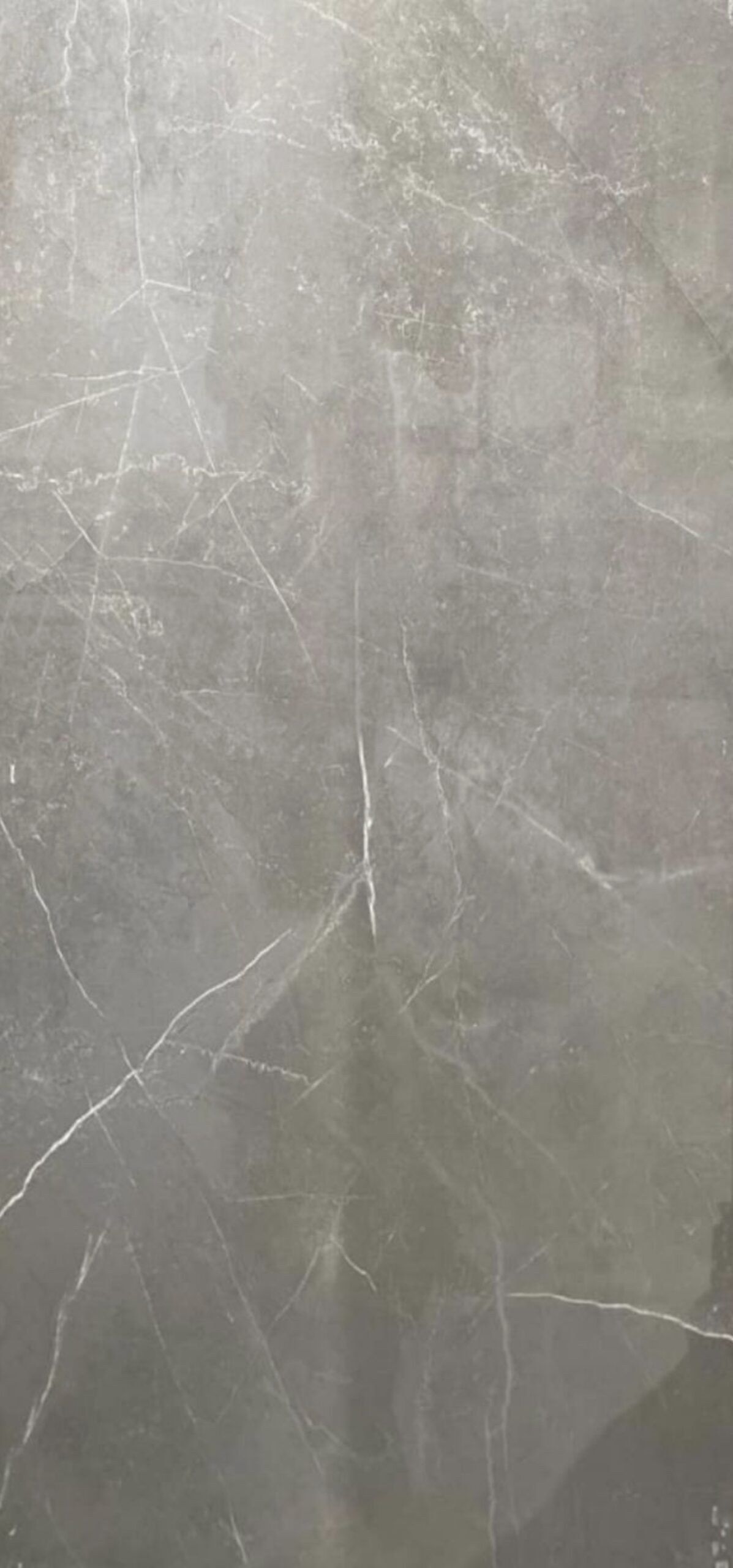
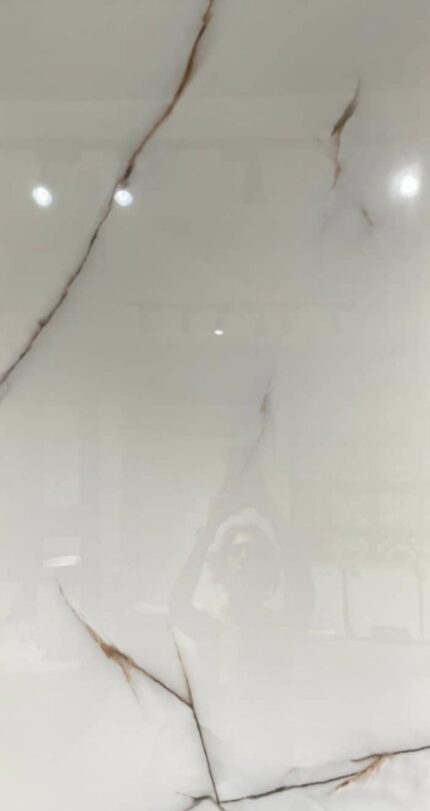




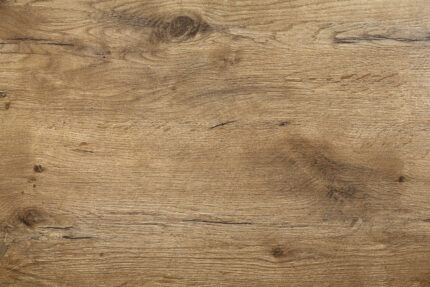
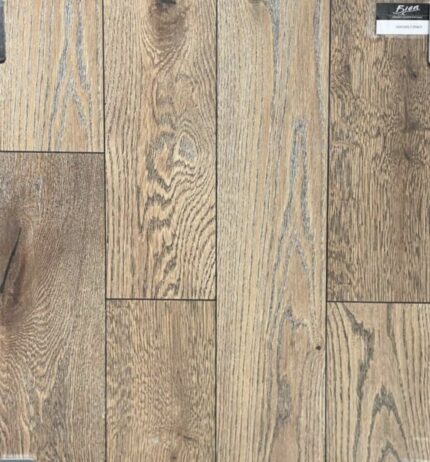
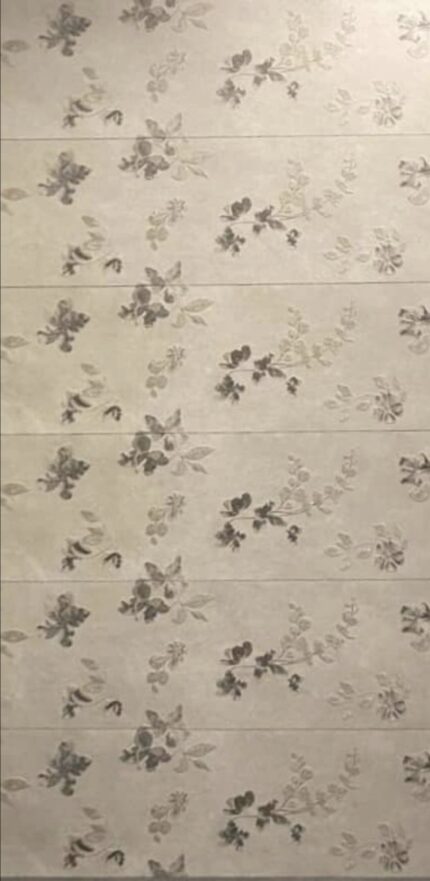
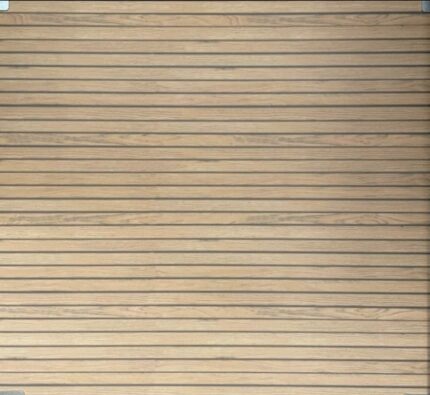
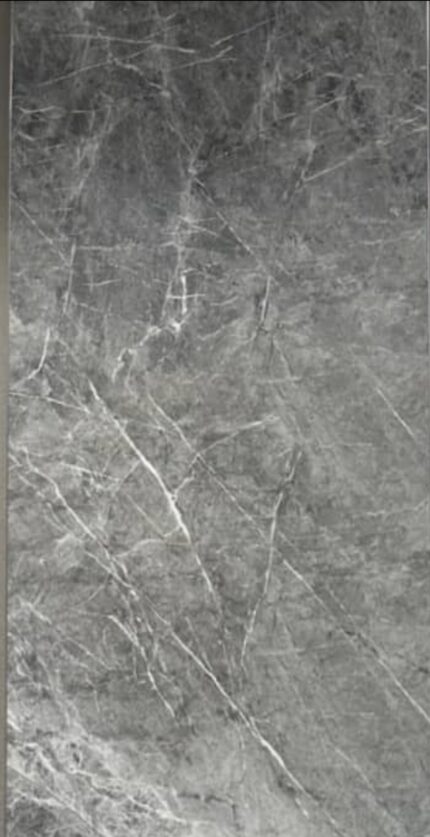
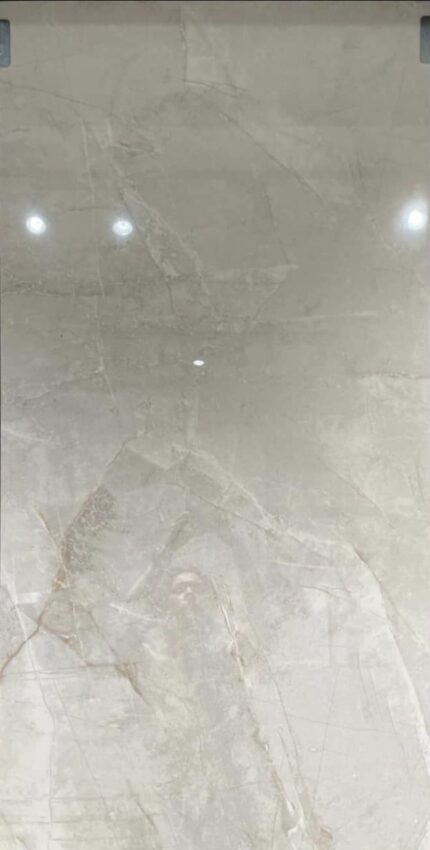
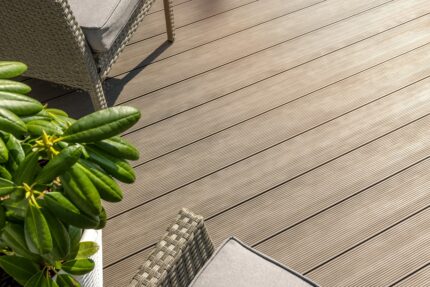
Reviews
There are no reviews yet.